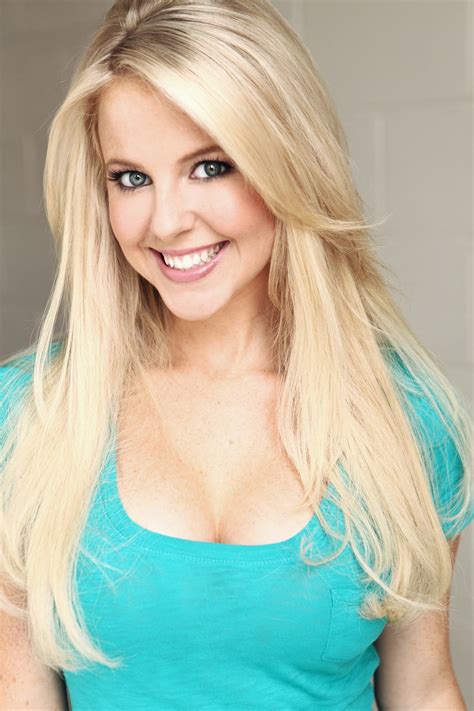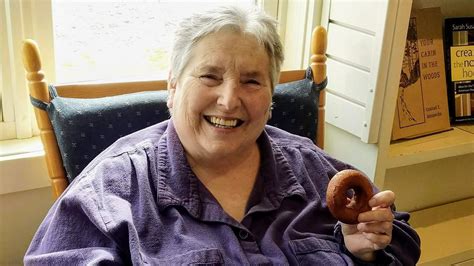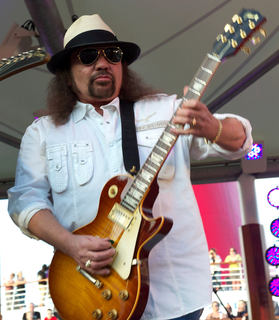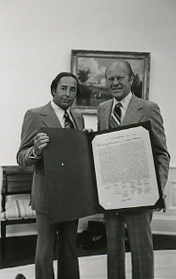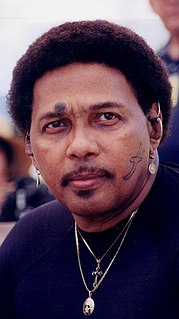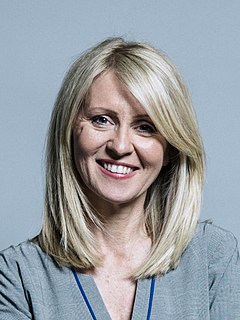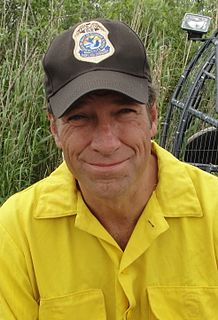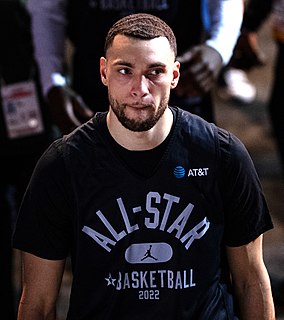A Quote by Dutee Chand
My parents used to struggle to put food on our plates. Whatever little money they got, we had to make do with it.
Related Quotes
Animals struggle with each other for food or for leadership, but they do not, like human beings, struggle with each other for thatthat stands for food or leadership: such things as our paper symbols of wealth (money, bonds, titles), badges of rank to wear on our clothes, or low-number license plates, supposed by some people to stand for social precedence. For animals the relationship in which one thing stands for something else does not appear to exist except in very rudimentary form.
It is not necessary to have an extravagant food budget in order to serve things with variety and tastefully cooked. It is not necessary to have expensive food on the plates before they can enter the dining room as things of beauty in colour and texture. Food should be served with real care as to the colour and texture on the plates, as well as with imaginative taste. This is where artistic talent and aesthetic expression and fulfillment come in.
Today the patent office is obsolete. You just take whatever you do, tool up, and start production for six months. At the end of the six months you put the data on all the computer inputs all over the world and you got your business. You can make all your money, and then people can steal it, but by then it doesn't matter because you've made the money up front and you avoid wasting money in lawsuits. [My father] had all these kinds of ideas years ahead of others.


